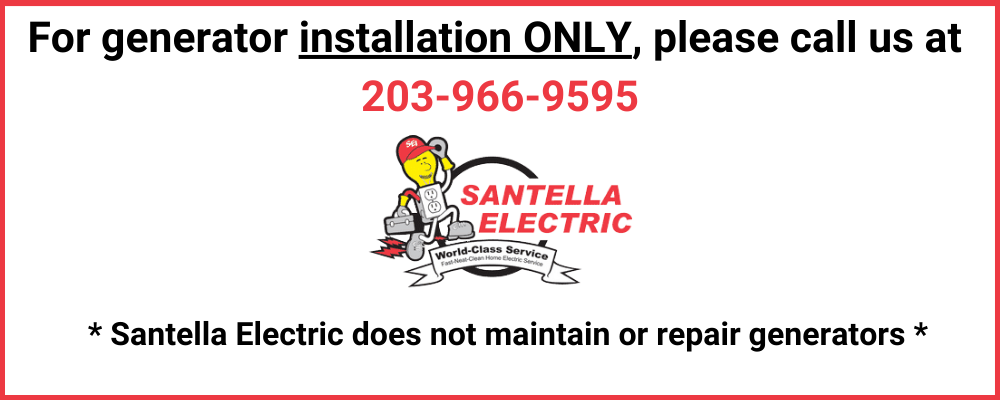
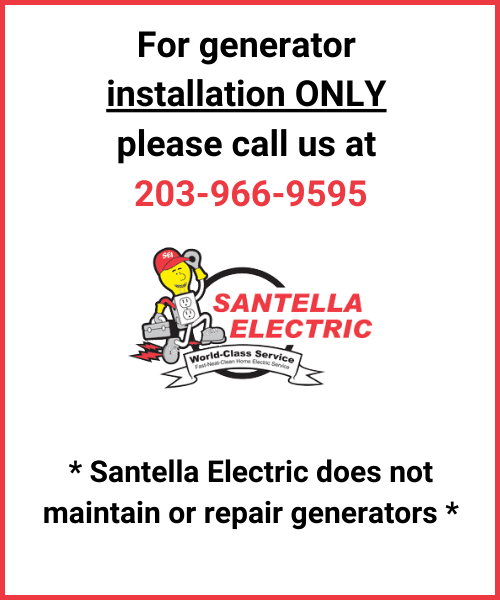
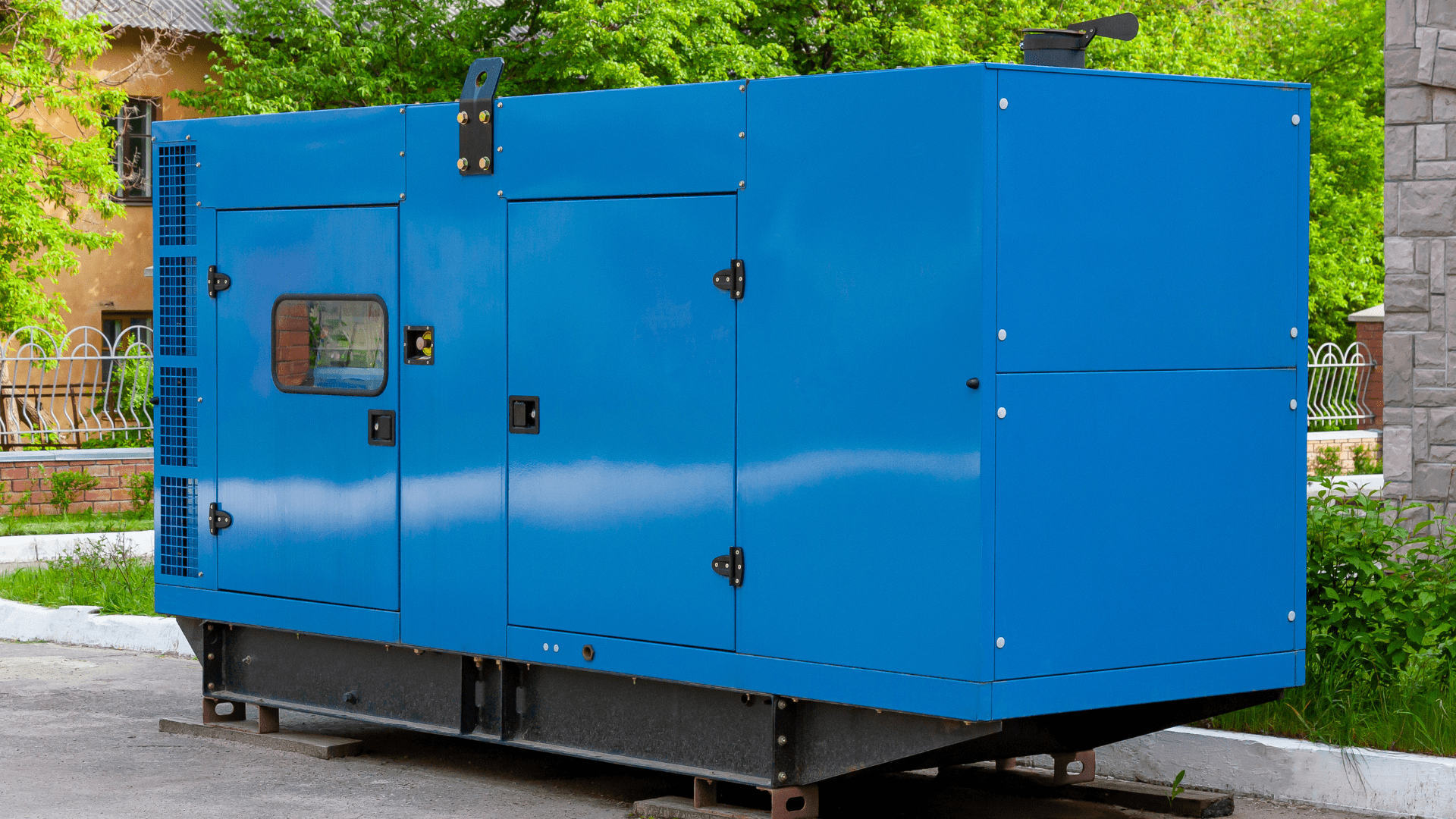
What is a Commercial Generator?
Commercial generators are large industrial generators that provide on-site power for businesses. During a power outage or other service interruption, commercial generators will keep your business running. Not only are they able to provide back-up power but some are used to continuously provide power for a variety of applications, such as at construction sites or remote work locations. Commercial generators can run on natural gas, propane, or other combustible fuel.
Types of Commercial Generators
There are two main types of commercial generators: single-phase and three-phase. If your business is located in your home, a small office, or a retail location, a single-phase is likely sufficient. A larger business with its own lot or multi-story building will probably need a three-phase generator. Still, no matter which type of generator you get, make sure that it can detect a power outage and come on automatically, or you’ll have to hire an expert to safely start and stop your generator for you.
What Features to Look for in a Commercial Generator?
When choosing a commercial generator, you may want it to come with certain features. Depending on your facility, you may need your generator to come equipped with particular attributes. Here are some features that you may want to consider:
Remote Monitoring:
Remote monitoring features will track your generator’s performance. This feature is useful for businesses using generators consistently, as remotely monitored generators can be micromanaged for fuel efficiency. Usually, online support is provided alongside a remote monitoring feature, so a staff can easily track fuel expenses.
Safety Switches:
Some generators include automatic shut-off switches. Safety switches are important to have on emergency back-up generators, because without them your generator may blow out a circuit as it comes on. Transfer switches monitor voltages traveling across a circuit. If an interruption occurs, a transfer switch can immediately activate a generator’s power before shutting it down.
LCD and LED Displays:
Several generators have LCD and LED displays, status bars, and navigable menus. Light-up displays and notification lights will make nighttime use safer and easier. During daytime hours, LCD and LED displays will display fuel levels and oil notifications.
Enclosures:
A generator enclosure protects the generator itself. An enclosure is capable of withstanding bad weather, rubble, and day-to-day dirt. It can store a generator for long periods of time. Enclosures are essential if your commercial generator will be operating outdoors.
Air-Cooled Systems:
Air-cooled generators take in cooling air from the surrounding atmosphere and blow it over the working elements of the generator to keep it cool. Air-cooled generators are usually a more cost-effective option for a commercial space. Air-cooled systems provide plenty of power during a short-term outage. Installing an air-cooled generator typically costs around $3,000 – $6,500. Installing an air-cooled generator properly requires an assortment of materials including the generator itself.
Fuel Options:
If your company needs to maintain high power levels for extended use, you should consider a diesel-powered model equipped with a large tank. A large tank can maintain workplace productivity.
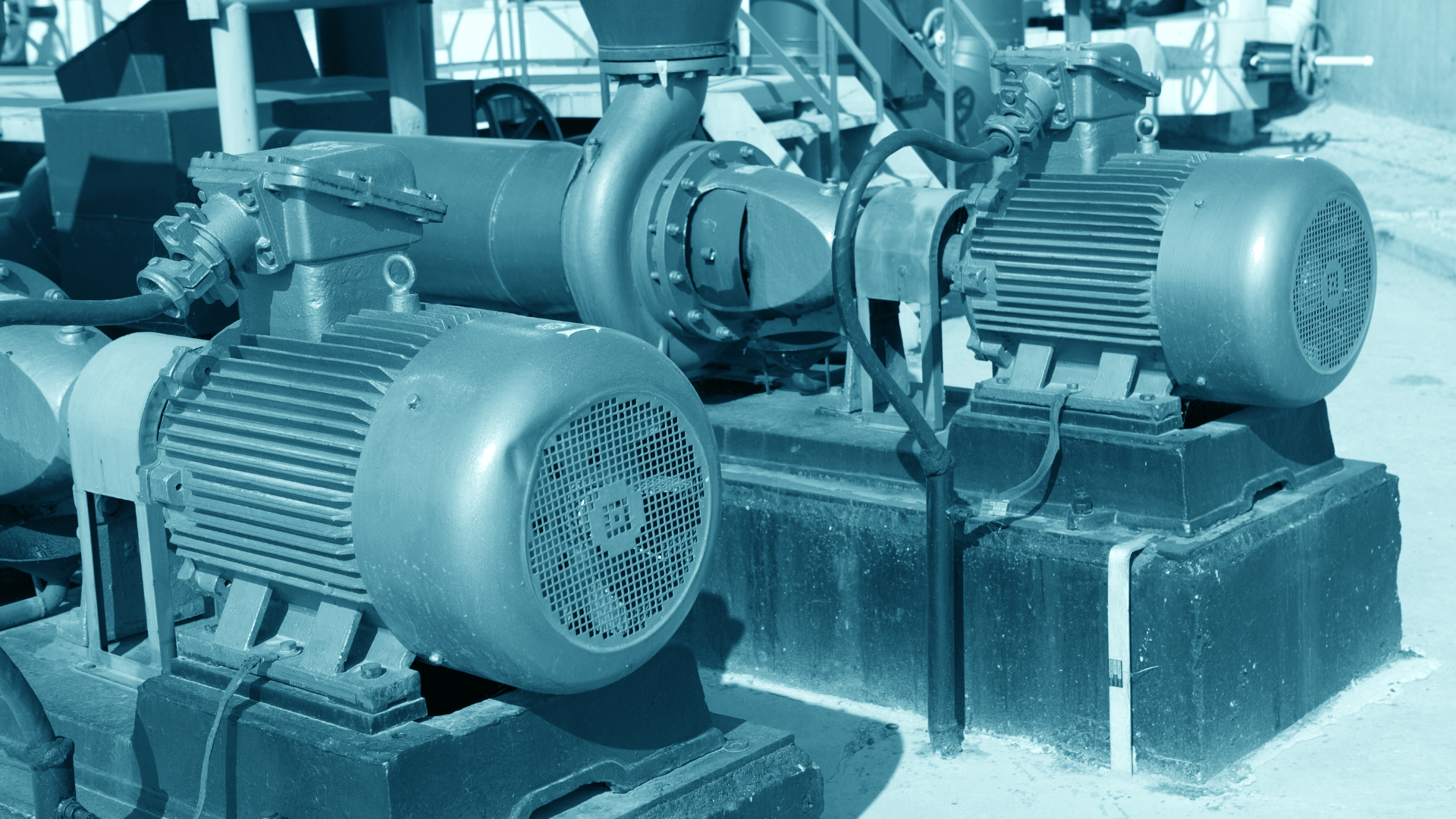
Commercial Generators Costs
What’s the Initial Cost for the Unit?
The cost of a commercial generator varies widely depending on type, size, power capacity, and other features. In 2022, prices for commercial generators can start around $7,998 – $12,400. Commercial generators are generally priced based on watts and voltage provided, as well as efficiency. So, while a generator can start around $10,000, a more complex high-wattage generator could run you up to $25,000. While this price may seem steep initially, please understand that commercial generators are very durable and can service you through many years.
Warranty and service plans can also affect the price.
What’s the Cost of Installation?
Installation costs vary dramatically but the cost of a commercial generator plus installation by a certified installer will usually begin around $3,000 for a small business but can run up to $125,000 for a large commercial building.
What Factors Affect the Overall Cost?
As mentioned earlier, there are a multitude of factors that can affect the cost of installing a generator at your commercial facility. We can delve into such factors here:
Size and Power Capacity:
Most commercial facilities will require a larger generator that has a high-power output rating. It needs to be able to handle the power requirements of a large facility that’s running multiple pieces of equipment at once. A generator of that size and that power capacity will cost you more money.
Preparation of the Installation Space:
Hard-to-reach spaces or areas that require some landscaping may incur additional costs during installation. However, in most cases, these costs are not significant.
Fuel Source and Amount:
There are different types of fuel that will cost you different prices. Diesel and natural gas are the two common fuel sources for commercial generators. Additionally, how much fuel you have to buy will alter the overall cost. The bigger your generator is, the more fuel you’ll have to invest in and vice versa.
Fuel Tank Installation:
If you’re installing a natural gas generator, you may require a separate installation of a fuel tank or a new connection to existing lines. You may, also, incur additional costs for upgrade of a LP tank, or for a new NG meter.
Brand of Generator:
The price of your generator unit and its installation will vary depending on the brand you get. The most popular brands are Briggs & Stratton, Kohler, and Generac. Each brand offers many generator options, so it is worth it to compare across brands to determine which is best for you.
Maintenance Tasks:
This is thinking more so in the long run but when installing a new commercial generator, you should develop a solid maintenance plan. You should outline the tasks that should be performed according to the manufacturer’s specifications. This maintenance often includes changing the oil and filters, draining old fuel and refilling with new fuel, refilling fuel storage containers, and inspecting for loose connections, corrosion, and leaks. Performing such maintenance can cost you money especially if you hire a professional to complete such tasks.
Choosing a Generator Installer
Installing a commercial generator is a complicated undertaking. That’s why it’s important to choose a reliable installer with a proven track record. Not only should they be an expert in installing commercial generators, but they should also have expertise on your chosen type of generator. You’re investing time and money in having a generator installed, so you should ensure that you have a licensed professional who knows what they are doing.
Reach Out to Santella Electric!
If you’re looking for a generator installer, you don’t need to look any further than Santella Electric. Generator installation is our specialty. Not only can we install your generator, but we can work with you to determine which generator will best suit your needs. When you hire us, you’re investing in superior service and quality customer care. So, don’t hesitate to reach out today!
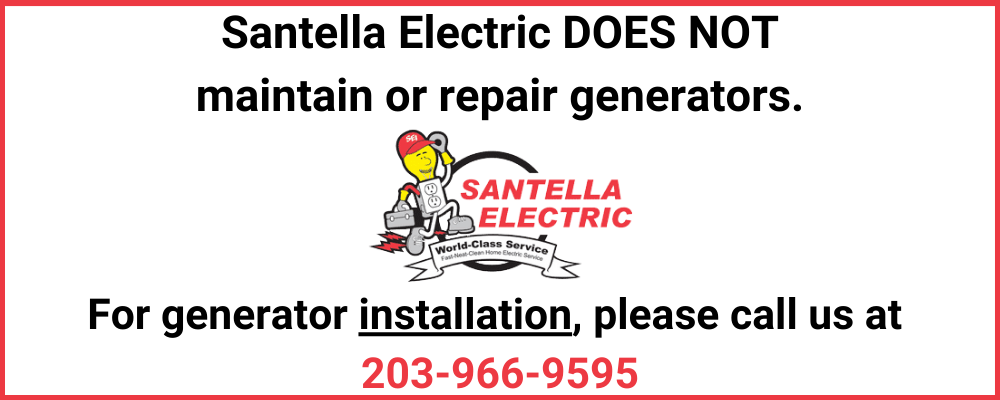
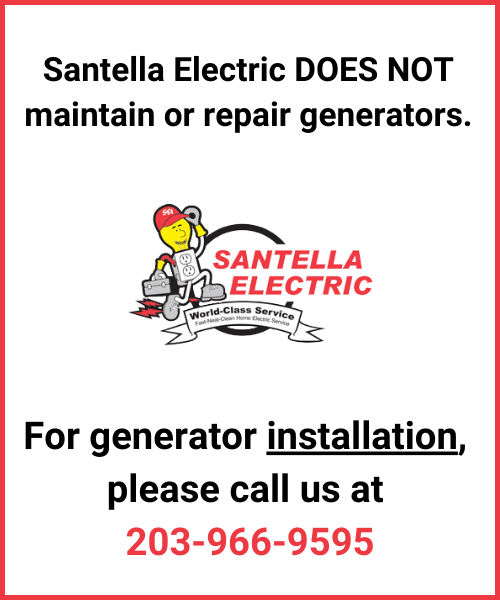


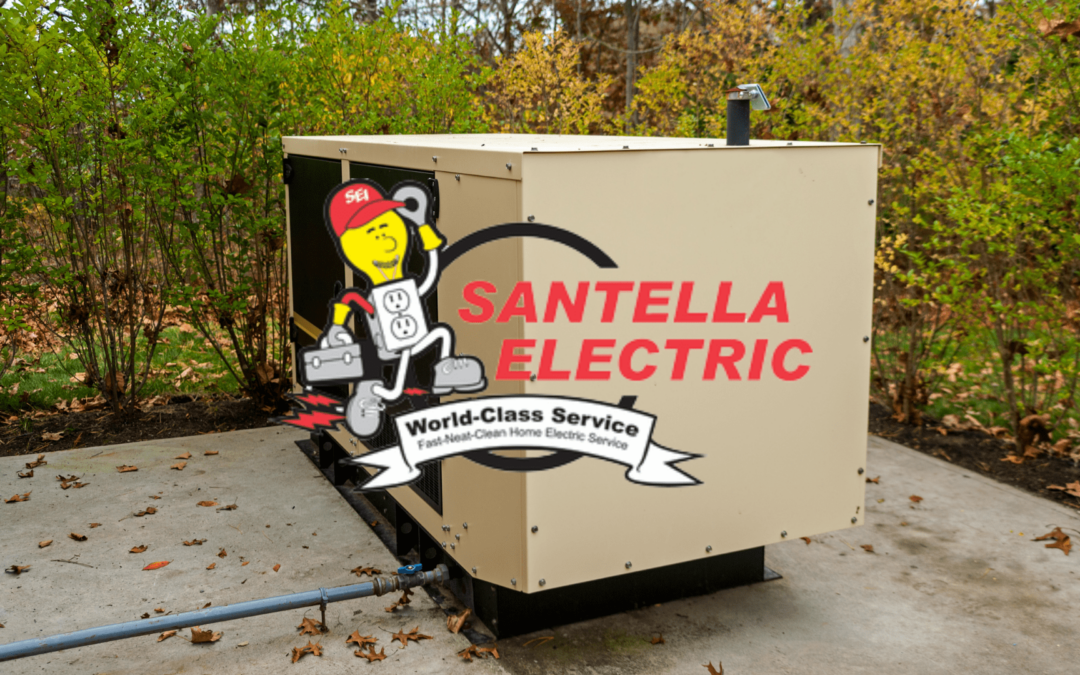

Recent Comments